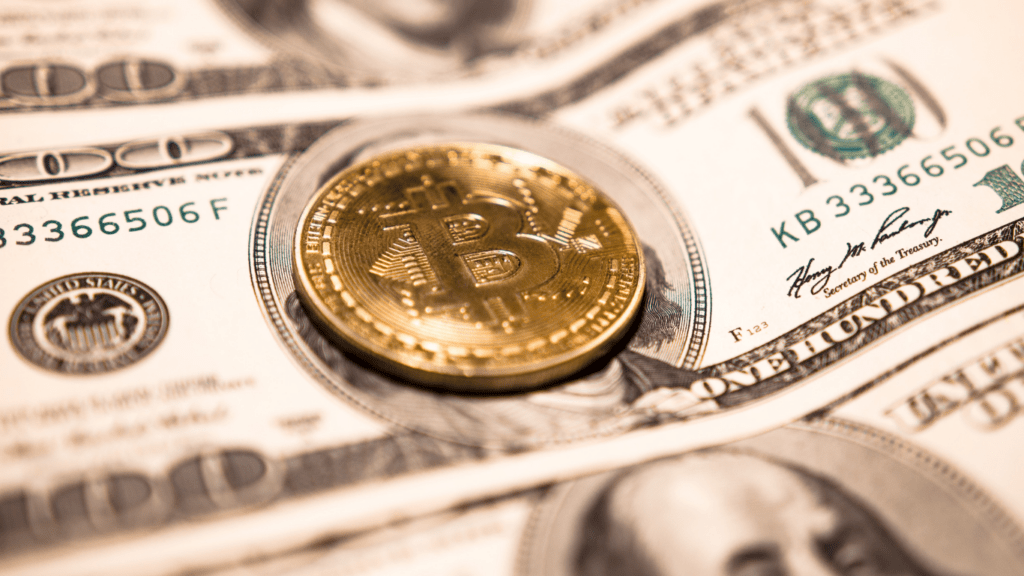Pustular exudate is a common occurrence when dealing with skin infections or acne. It is the result of an inflammatory response that leads to the formation of pusfilled lesions on the skin. These lesions can be painful, itchy, and unsightly, making them a source of discomfort for many individuals.
What is Pustular Exudate?
When a pimple or zit becomes filled with pus, it is referred to as pustular exudate. Pus is a mixture of dead skin cells, bacteria, and white blood cells that have accumulated in the infected area. The pus is a clear liquid coming out of the zit that is often yellow or white in color and has a thick consistency. It can be unsightly and may also have an unpleasant odor.
Causes of Pustular Exudate
Pustular exudate is typically caused by bacterial infections that lead to inflammation of the skin. When bacteria invade the hair follicles or pores, they can trigger an immune response that results in the formation of pustules. Other factors, such as hormonal changes, stress, and dietary choices, can also contribute to the development of pustular exudate.
Treatment for Pustular Exudate
Treatment for pustular exudate typically involves addressing the underlying cause of the inflammation. This may include using topical or oral antibiotics to help clear up the infection. Keeping the affected area clean and avoiding picking or squeezing the pustules can also help prevent further irritation and infection.
In some cases, a healthcare professional may need to drain the pustules to relieve pressure and promote healing. This should only be done by a qualified medical professional to avoid further complications or scarring. It is important to follow their instructions carefully and to continue any prescribed treatment until the infection has cleared up completely.
Preventing Pustular Exudate
Preventing pustular exudate is key to maintaining healthy skin. This can be achieved by practicing good skincare habits, such as washing the face regularly with a gentle cleanser and avoiding harsh chemicals that can strip the skin of its natural oils. Eating a balanced diet, staying hydrated, and managing stress can also help prevent pustular exudate from occurring.
By taking these steps and seeking prompt treatment for any skin issues, individuals can reduce their risk of developing pustular exudate and maintain clear, healthy skin.
In conclusion, pustular exudate is a common skin condition that can be both uncomfortable and unsightly. By understanding the causes and treatment options available, individuals can better manage this issue and prevent it from recurring. Maintaining good skincare habits and seeking prompt medical attention when needed can help individuals maintain clear, healthy skin free of pustular exudate.


 Legal and Regulatory Advisor
Legal and Regulatory Advisor
